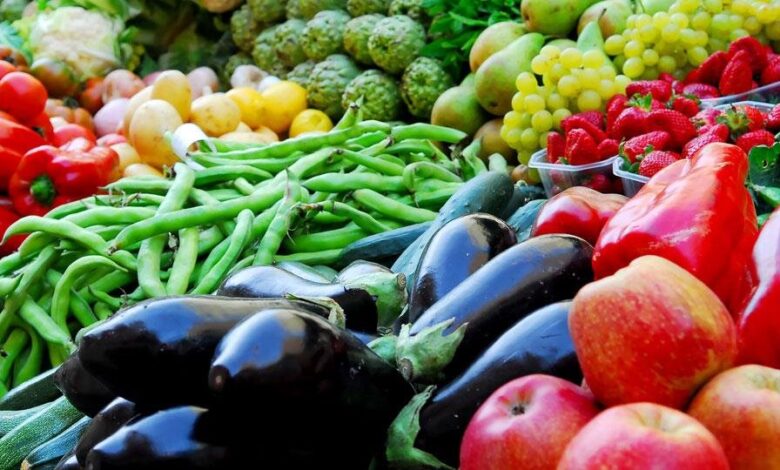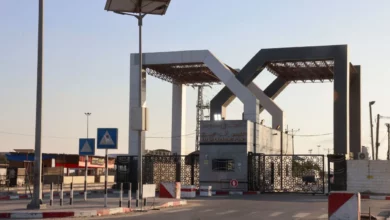
Cairo markets have witnessed a significant increase in prices of vegetables and fruits, coinciding with a two-pound increase in octane and diesel prices per liter.
This has impacted the prices of certain daily necessities for every household.
During a tour of al-Sayeda Zeinab market on Sunday, Al-Masry Al-Youm observed a significant increase in the prices of some goods.
The price of bananas rose by LE15 per kilogram, from LE 30 to LE 45. The price of tomatoes jumped to LE 10 per kilogram from five LE.
Eggplants rose from seven LE to LE 12.5, guava from LE 30 to LE 40, and onions from LE10 to LE 12.
Citizens express concern
Market vendor Abdel-Rahman attributed this increase to increased transportation costs, a direct result of the fuel price hike.
He said, “We are forced to raise prices because the cost of transporting goods from farms to markets has increased significantly, and suppliers have also raised their prices.”
Housewife Samia Hassan expressed her concern about this sudden increase, stressing that her family’s income is no longer sufficient to cover basic needs, prompting them to stop purchasing fruit every week and reduce the quantity of vegetables they consume.
An employee and mother of five, Amal Saeed, shared similar worries: “All prices have increased dramatically. We can no longer afford basic daily needs. A kilo of lemons has reached LE 120.”
Economic expert Ali al-Idrisi anticipates markets to witness a significant wave of price increases and inflation rates, all as a direct result of the increase in fuel prices.
He emphasized that this increase will not be limited to energy prices alone, but will also impact various goods and services, both directly and indirectly through its impact on economic activity.
Speaking to Al-Masry Al-Youm, he added that although current inflation rates remain high, new increases could further complicate the economic landscape, posing significant challenges for both the state and citizens.
He called for rapid intervention and balanced measures to limit the effects of inflation and ease the burden on citizens.
A complex relationship
Agricultural expert Saddam Abu-Hussein believes that the increase in the cost of agricultural production will not necessarily lead to an immediate or direct increase in product prices in the markets, as prices are subject to other factors such as supply and demand and various pricing mechanisms.
He explained that the relationship between cost and final price is more complex than some people think.
In statements to Al-Masry Al-Youm, he stated, “The cost of growing a particular crop may increase, while its market prices remain stable or even decrease, depending on market conditions and the quantity supplied.”
Abu-Hussein said that for example, tomatoes used to sell for five LE per kilo, even though their cost exceeded that amount, and now, after fuel price hike, they are selling for up to LE 10 – whereas the cost of growing them before the increase did not exceed six LE.
The rising costs of diesel may impact the ability of farmers to maintain the same farming pace and may prompt some to reduce their cultivated areas, he added, particularly for crops that require significant effort and expense.
This ultimately impacts supply and leads to a gradual rise in prices, Abu-Hussein explained.
Edited translation from Al-Masry Al-Youm




